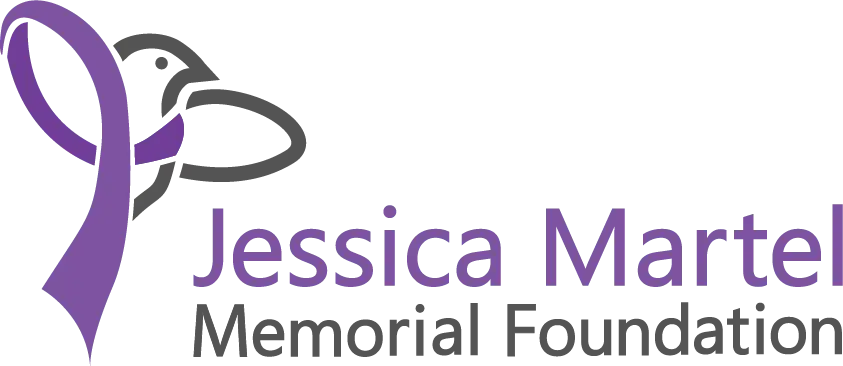This blog is part of a series where we explore the 3 recommendations from ACWS’s response to the National Action Plan to End to End GBV
- Provide a stronger system of care for survivors and their families
- Strengthen primary, secondary, and tertiary prevention as well as intervention efforts
- Advocate for more responsive legal and justice systems, with partnership from the federal level
January is #PovertyAwarenessMonth, which is a great time to reflect on the reality of many survivors as they flee their abusive relationships. Many survivors leave with the clothes on their back or maybe a suitcase full of belongings. They are starting fresh, and they come into emergency shelters that are designed to accommodate a stay of up to 21 days while they piece their life back together.
Economic abuse is one tactic that abusers use to control their victim. Survivors don’t have access to their own finances or sometimes are not allowed to work and have their own money. This makes it hard to secure an income, find affordable housing, and do all the other things you do when you move into a new home: security deposits, utilities, and even that first trip for groceries to stock your kitchen.
We sat down with Nicole Weisberg from CTV Edmonton last month to talk about how these stressors make it difficult for our clients to find a place to live.
Affordable housing is a crisis in Alberta, and it’s one that particularly impacts our clients. Jessie’s House is designed for up to 21 day stays, but our average stays are much longer – 60 days, or up to 4 months. This means that survivors have to wait for their fresh start, and it also means we can’t bring in new clients who are in crisis. While this leaves survivors in danger, it also leaves them in a traumatic, abusive situation for longer. It also increases the likelihood of someone returning to the familiarity of their abuser rather than struggling to find affordable housing and wait for income support.
In April 2024, we opened Eileen’s Place, our new second-stage transitional housing facility. This program supports clients who need extra time to achieve their goals with a stay of 6 months to 2 years. This has helped alleviate some of the pressures on longer stays in Jessie’s House, but our clients need better access to affordable housing in their communities.
In an article talking about the need for more domestic violence supports, expert Lana Wells said “Our environment matters. We need affordable housing, we need access to income, we need families that get supports when they need it.”
Survivors of violence need stronger supports now than ever before. It extends far beyond the work we do within the walls of Jessie’s House and Eileen’s Place. We need affordable housing, income support, and access to resources like mental health supports.
Stay tuned as we explore the other recommendations from ACWS’s response to the National Plan to End GBV. We will also outline how our community can help us create a future free of abuse and femicide.

